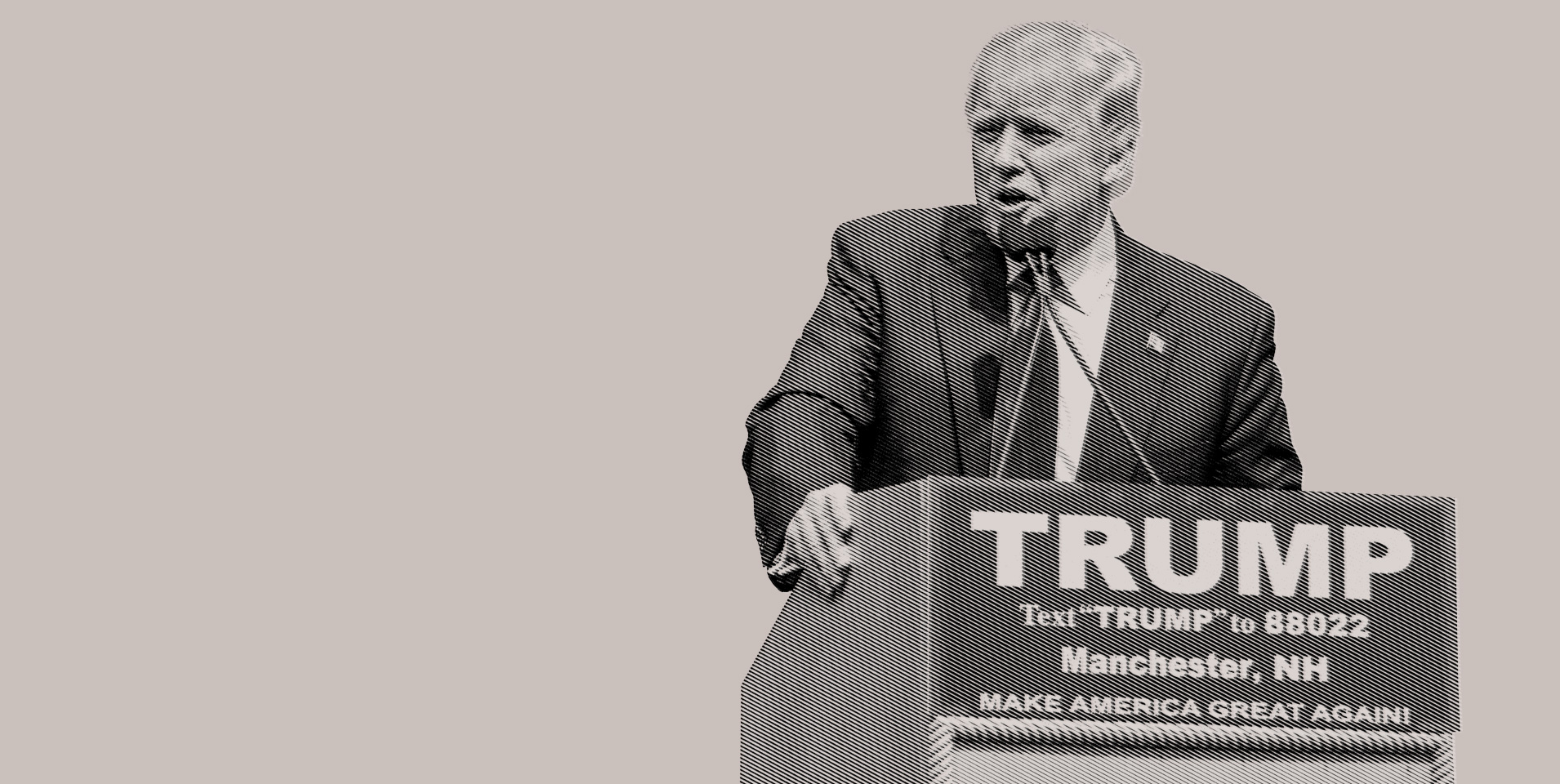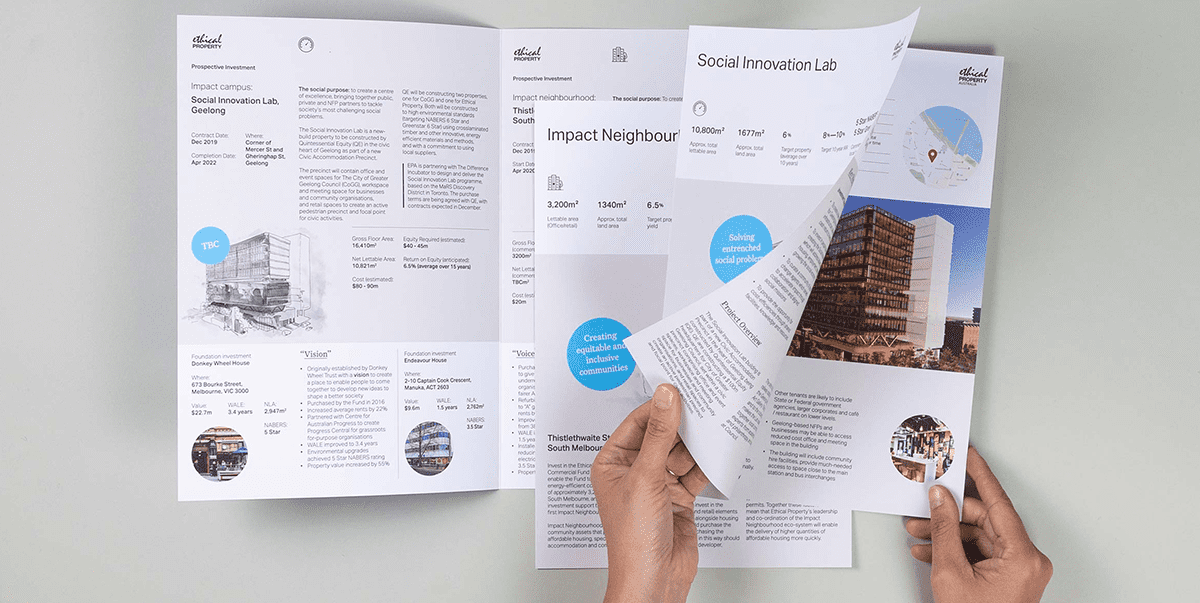
The media, and the news media in particular, have a role in helping our society function in a healthy way. We’ve thought so since at least the 1700s.
In Australia, the US and the UK, this role is predicated on the concept of the fourth estate: a self-determined role taken by the media as independent watchdog, vested in the interests of the citizenry. The press was to guard against any excesses in the wielding of political, judicial or religious authority. As each of these social pillars poses limits on each other, the media — as a matter of record if nothing else — took it upon itself to tell us “as it is”, revealing the facts, wrong-doings, and injustices necessary for an informed body politic. A noble role.
Cut to today.
A lot has changed. Scandal gets more clicks than analysis. Which of the many aspects of its role as the fourth estate can our media comfortably still enact?
In particular, there are two questions that I’ve been pondering on this front.
1. When is it the role of news media to question truth as well as report it?
It’s something that has been fundamentally challenged by the advent of Trump as potential US President.
So many baseless claims. All given airtime by new and old media alike. So scandalous as to be inherently newsworthy. Justified clearly as being in the public interest: a prospective leader’s position must be known. But in reporting, as is the tradition of Western news media, it implicitly lends credence to false notions, often the only rebuttal coming from an opposition spokesperson. Truth has at times been washed away by the media performing their envisaged role as a window to truth, rather than the interpreter of it. Providing balance to — but not correction of — the information we hear. Something the New York Times has both noted and reacted to.
It’s akin to delivering balance in the coverage of climate change (equal airtime to both positions), despite the science significantly weighted on one side.
When does objectivity fail to deliver truth? Do we need to rewrite the textbook on how the media performs in its role as the fourth estate? Set new rules for newsworthiness in the interest of an informed society?
2. What values are new media, by virtue of their medium, imposing on the fourth estate?
It seems almost — but not quite — antiquated to even conceive our media as performing a role ascribed to them 400 years ago. A role that evolved out of printed political flyers. Before radio, television, and well before the internet. Each of these technologies changed news, and in turn changed our world. Television helped deliver civil rights: the pictures of police brutality against protesters trained to passively resist, won over American hearts and minds. Equally many claim its pictures — sent to newsrooms on tape, by plane — contributed to public backlash against the Vietnam war.
The internet is doing all the things we knew it could: enabling entry of new voices, fragmenting audiences by providing an alternative to the mainstream, removing limitations of time and space imposed by other mediums, and enabling information to be more easily shared than ever before. But is any of this in aid of the role of information media, and news, in supporting us as citizens to become informed and understand our world?
In his recent speech on the state of journalism today, Waleed Aly points out: “what I see is a news cycle that’s only getting quicker, and whose attention span is only getting shorter. That’s been a growing trend in broadcast media anyway, but the growing integration with online platforms clearly isn’t helping change this.”
It’s a world where the click reigns king. Aly goes on to say:
“Articles get dropped quickly now if they don’t gain traction within a couple of hours. Stories become old quicker than ever, meaning commentary on those stories becomes uninteresting at the same speed.”
-Waleed Aly
But is “uninteresting” a test of a story’s value to the fourth estate? If something very important is not clicking well, by implication it becomes not worth knowing and is therefore removed. So what we see in the news is as much our fault as it is the market logics that make the click omnipotent.
But just because I click on the Brangelina break-up, does that actually mean it should replace stories of far more consequence? It becomes an issue when speed and clicks, as values, out-compete the other news values of truth, accuracy, context and public interest.
Scandal will always spark curiosity. Just like eating chocolate is almost always gratifying. But that doesn’t mean it’s nutritious. And if it’s the only thing left for us to eat, what will that mean for the health of the fourth estate, and our society?

